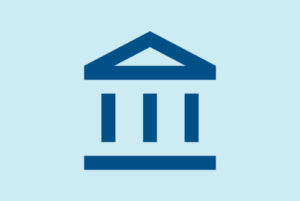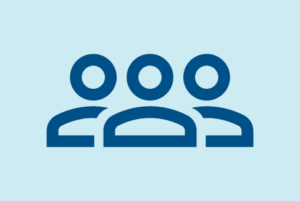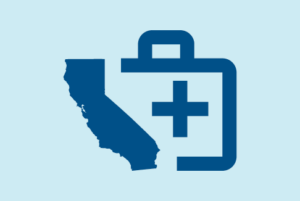What’s happening: The Centers for Medicare & Medicaid Services’ (CMS) 2024 physician fee schedule final rule reduces Medicare payments to physicians by 1.23% compared to the prior year.
What else to know: The final 2024 physician fee schedule conversion factor is $32.74, a decrease of $1.15, or 3.4%, from 2023.
This content is restricted to members.


